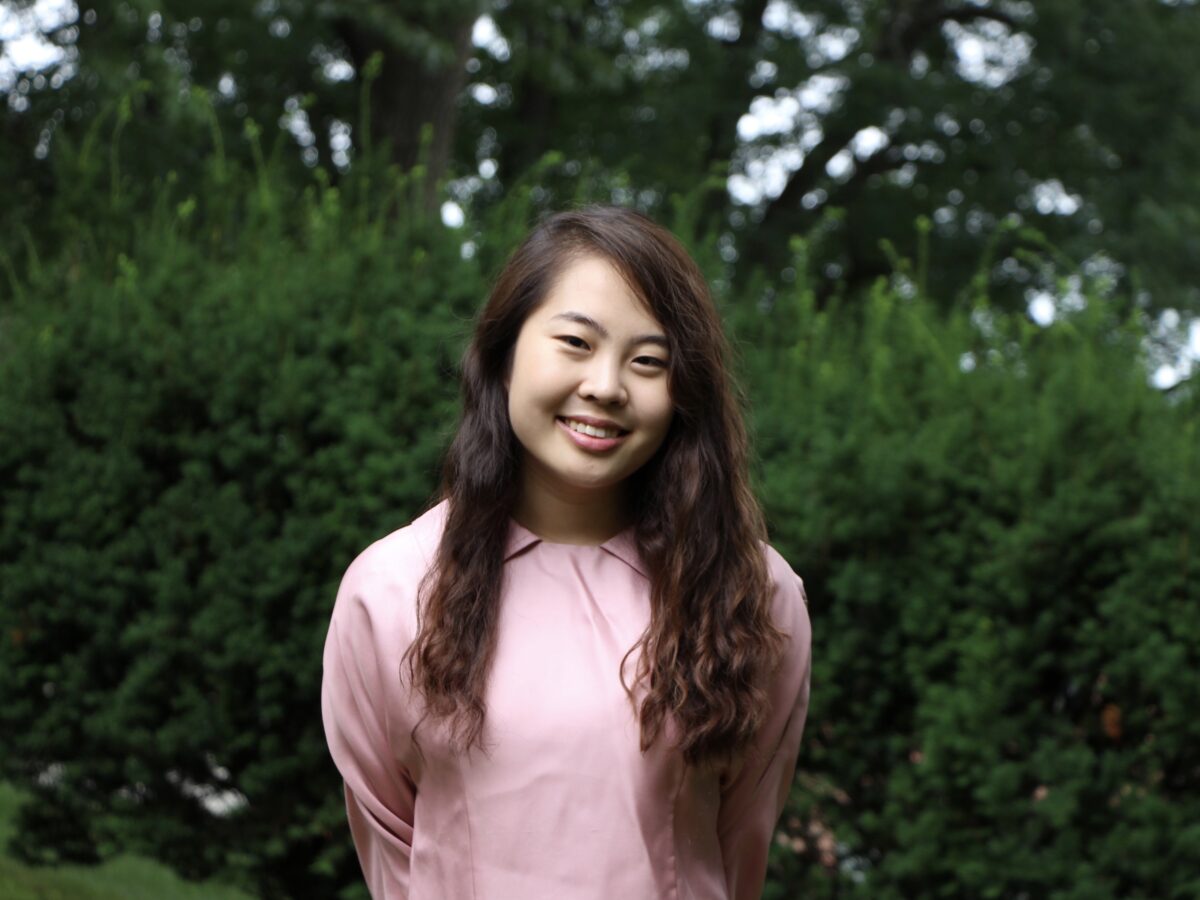Suan Lee

Suan Lee ’20 thrives on difficult conversations. It’s what drew her to an English class, Writing the Body, during her last term. Such a topic can push “you to be uncomfortable and therefore understand yourself and the world better,” Lee says, “so I wanted to engage in that discomfort.”
Uncomfortable conversations have become a theme for this former editor-in-chief of The Exonian, who is drawn to stories about inequity and privilege, stories “indicative of the issues that the rest of the world is starting to engage with, especially in this political moment.”
“I was really fortunate enough to start engaging with those stories in a very upfront way because as a journalist, there’s no place to hide,” she says.
When Lee became the student newspaper’s editor-in-chief during her upper year, the accountability for others’ voices intensified: “You are the person who decides what stories get to be told and in what way.” She and her staff were forced “to reckon with those stories, not only as journalists, but as people.”
At first, Lee saw sharing others’ stories as a service. But experiences on the Discipline Committee and as a Student Listener in her dorm taught her just how transactional conversations about identity and fairness could be. “You’re not just doing a service in listening to someone’s story. They’re doing you a service by sharing it with you,” she says. “You can’t really practice non sibi without other people from the community you’re trying to serve offering you the same gift of trust and openness.”
Lee enjoys discussing issues that have divided past cultures, as well as current conflicts. She says earning a classical diploma gave her the chance to consider centuries-old ideas about “love and mortality and faith, which are still things that we grapple with and are still relevant to us today.” A French archeological dig during her prep year enabled her to “live history,” she says, “engage with it quite literally on my hands and feet.”
“We were working on uncovering a Roman house that hadn’t been touched in hundreds of years,” she says. “At first we kept just being disappointed because we were just finding little pieces of ceramic. And then we realized that this was a remnant of the actual architectural structure of the people we were reading about in class.”
Such class conversations were, of course, altered by COVID-19. Lee described the virtual end to her final term as “heartbreak,” but acknowledged that her reaction “speaks to how much Exeter means to all of us.” She gave an illustration of her classmates’ eagerness to talk with one another: an online book club organized by the Office of Multicultural Affairs hit its enrollment maximum immediately.
But Lee is reflective as well as sad as she moves on to Columbia University this fall. After all, she says, the work at Exeter was often grueling, as were interviews for the newspaper. Like her classmates’ collective loss, “my love for Exeter grew out of the difficult moments.”
That’s why she sees a benefit to the class of 2020’s experience: “Because we didn’t have that kind of closure, it actually might keep our class closer together in the years ahead.
“Increasingly,” she adds, “I’ve realized that Exeter is about a lot more than the actual interactions we get to have on campus.”
Thinking about the non sibi values “intertwined in the academic lessons,” Lee says, “There is no possible conclusion to being an Exonian.”
—Leah Williams


